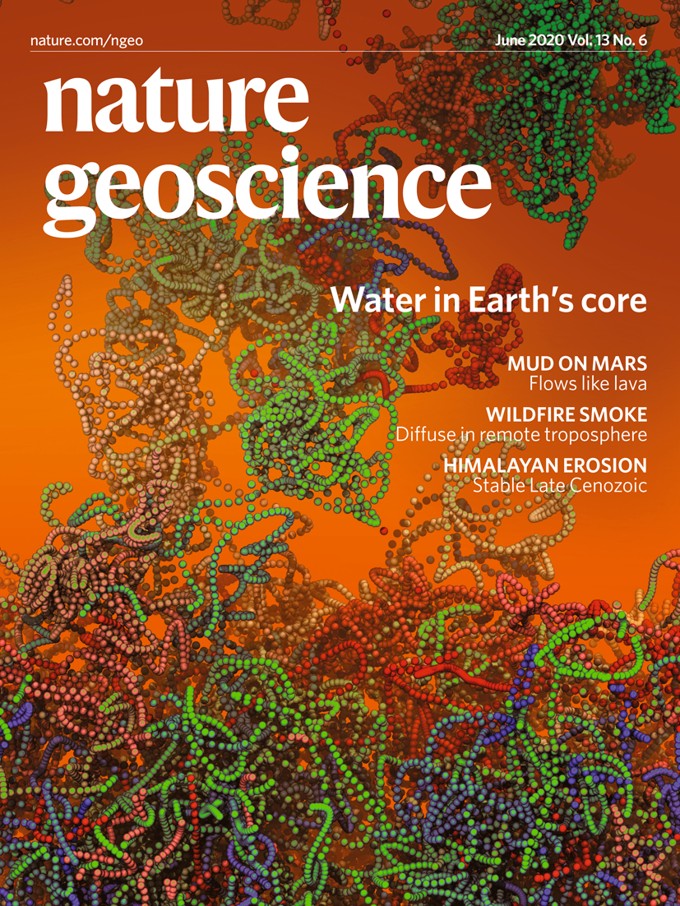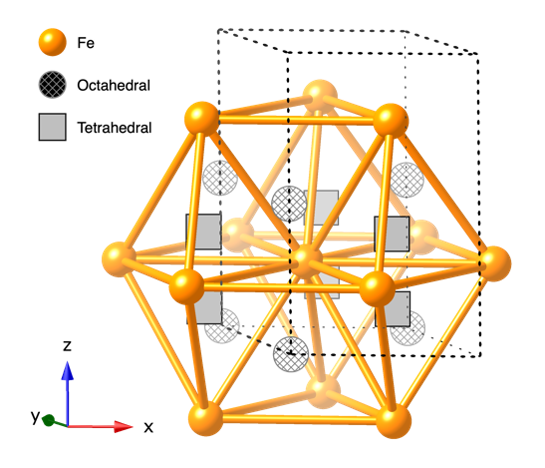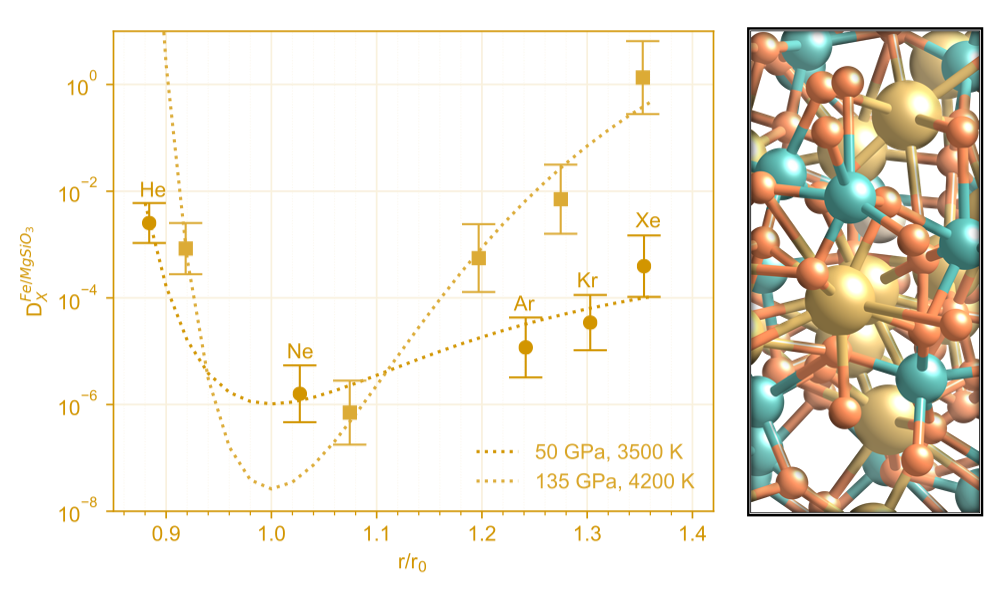Special Professor
Supervisor of Doctorate Candidates
E-Mail:
Education Level:Postgraduate (Doctoral)
Business Address:School of Earth and Space Sciences University of Science and Technology of China 96 Jinzhai Road 230026 Hefei Anhui, China
Contact Information:0551-63601184
Degree:Dr
Alma Mater:Royal Institute of Technology (KTH)
Discipline:Geology
The Last Update Time: ..
(1) Water in ther Earth's core

Published in Nature Geoscience as a cover paper, this work predicted how water would behave during the core- mantle separation process, which was later confirmed by high pressure experiment lead by Prof. Hirose. (Nature Geoscience, 13, 453 (2020))
“Yunguo Li at University College London and his colleagues estimated the temperature and pressure at the boundary, and how hydrogen would react to those conditions. The researchers concluded that more than three-quarters of the early Earth’s hydrogen probably went into the core.”
Nature 581, 359 (2020)
(2) Inner core MLEs model

By analyzing the thermodynamics and geochemical constraints, we concluded that the core composition should lie in the hypoeutectic region. Most importantly, we proposed the multiple light elements (MLEs) model and found compositions that explain the inner core seismic properties. The model was first published in EPSL 2018, and then with a series of follow-up works, we managed to constrain the core composition to a narrower range. (Earth and Planetary Science Letters, 493, 118 (2018))
(3) Noble gas partitioning during core-mantle separation

We established a liquid-liquid partition model based on ab initio calculations to reveal that He and Ne strongly fractionate during core-mantle separation, which concludes the primitive volatiles seen in hotspots cannot be from the core and the lower mantles holds the primitive volatiles. (Nature Communications, 13, 3770 (2022))